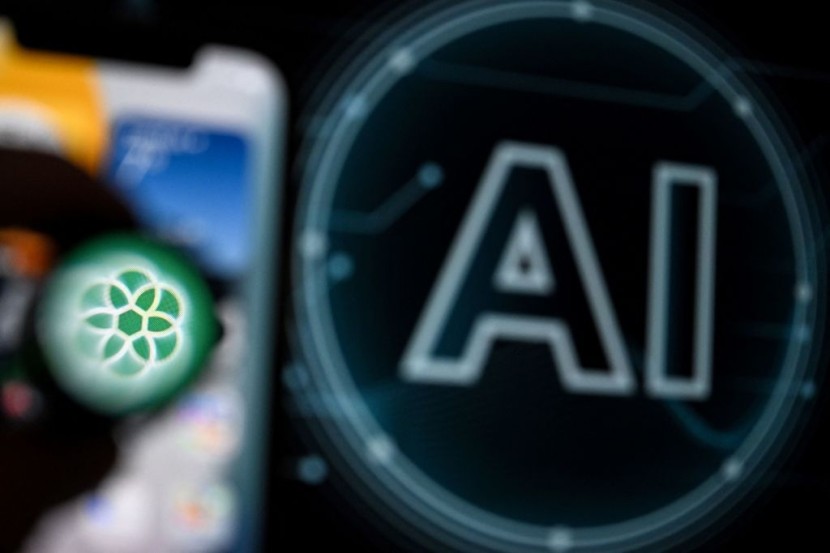A team of scientists were able to find a new battery material that uses less lithium with the help of artificial intelligence, Microsoft announced on Tuesday.
The team also used high-performance computing to plow through 32.6 million possible battery materials, many of which are not found in nature, in only 80 hours. This was a task that the team estimated would have previously taken 20 years to complete without AI assistance.
Search for Lithium Alternative

The results of the latest effort kick off an ambitious attempt to create a new generation of batteries that are less dependent on toxic and environmentally damaging lithium. The tech giant shared some of the best candidates with the government's Pacific Northwest National Laboratory located in Richland, Washington.
The latter then proceeded to investigate the most promising materials and built a prototype battery using a brand-new material. While the newly created dime-size prototype is not yet ready for a prime-time role in powering the watches and car keys of today, it functions using less lithium than commercially available options and can be charged, as per the Washington Post.
Additionally, the latest efforts demonstrate the potential of new technologies in revolutionizing the underappreciated but quickly evolving field of materials science. In a statement, a professor at Northwestern University's materials science and engineering department, Christopher M. Wolverton said that better materials have countless benefits.
He noted that it was not an overstatement to say that nearly every problem that society faces could at least in part be solved by having better materials. Wolverton, who was not involved in the latest study, called Microsoft's claim to have screened 32.6 million materials in 80 hours "staggering."
Wolverton said that the absurd number suggested to him that the tech giant's team was not simply screening just known materials. These could have possibly included hypothesized new materials that they were hoping to discover in the future.
In a statement, the executive vice president of Microsoft, Jason Zander said that one of the company's missions was to compress 250 years of scientific discovery into the next 25. He added that new technologies are able to help humans do just that, according to BBC.
Getting Help From Artificial Intelligence
Lithium is commonly referred to as "white gold" due to its market value and silvery color. It is one of the key components used in making rechargeable batteries that are in turn used to power everything from electric vehicles (EVs) to smartphones.
With the rising demand for the material as well as for EVs, the world is at risk of facing a shortage of lithium as soon as 2025. The United States Department of Energy added that it expects the demand for lithium-ion batteries to rise tenfold by 2030.
However, mining lithium is somewhat controversial as it can take several years to develop and has a considerable impact on the environment. Furthermore, extracting the material requires large amounts of water and energy. The process can leave huge scars in the landscape as well as toxic waste.
The main difficulty in the latest efforts for an alternative to such a controversial material is that solid electrolytes generally have not been as good in conducting energy as their liquid counterparts. This is what experts are still trying to overcome in relation to the new material candidates, said The Verge.
© 2026 HNGN, All rights reserved. Do not reproduce without permission.








